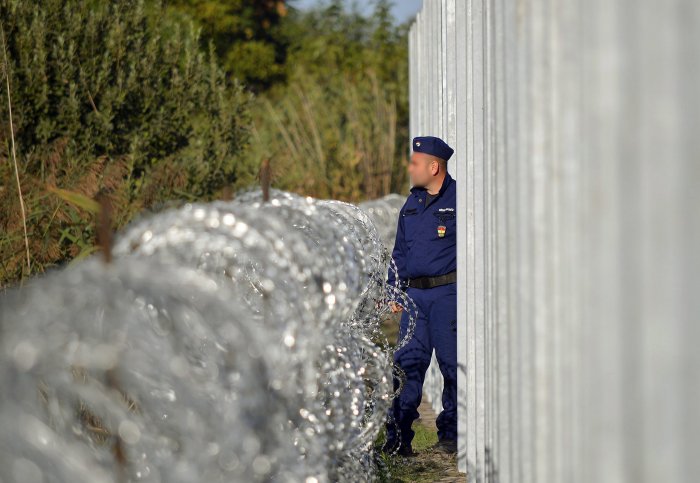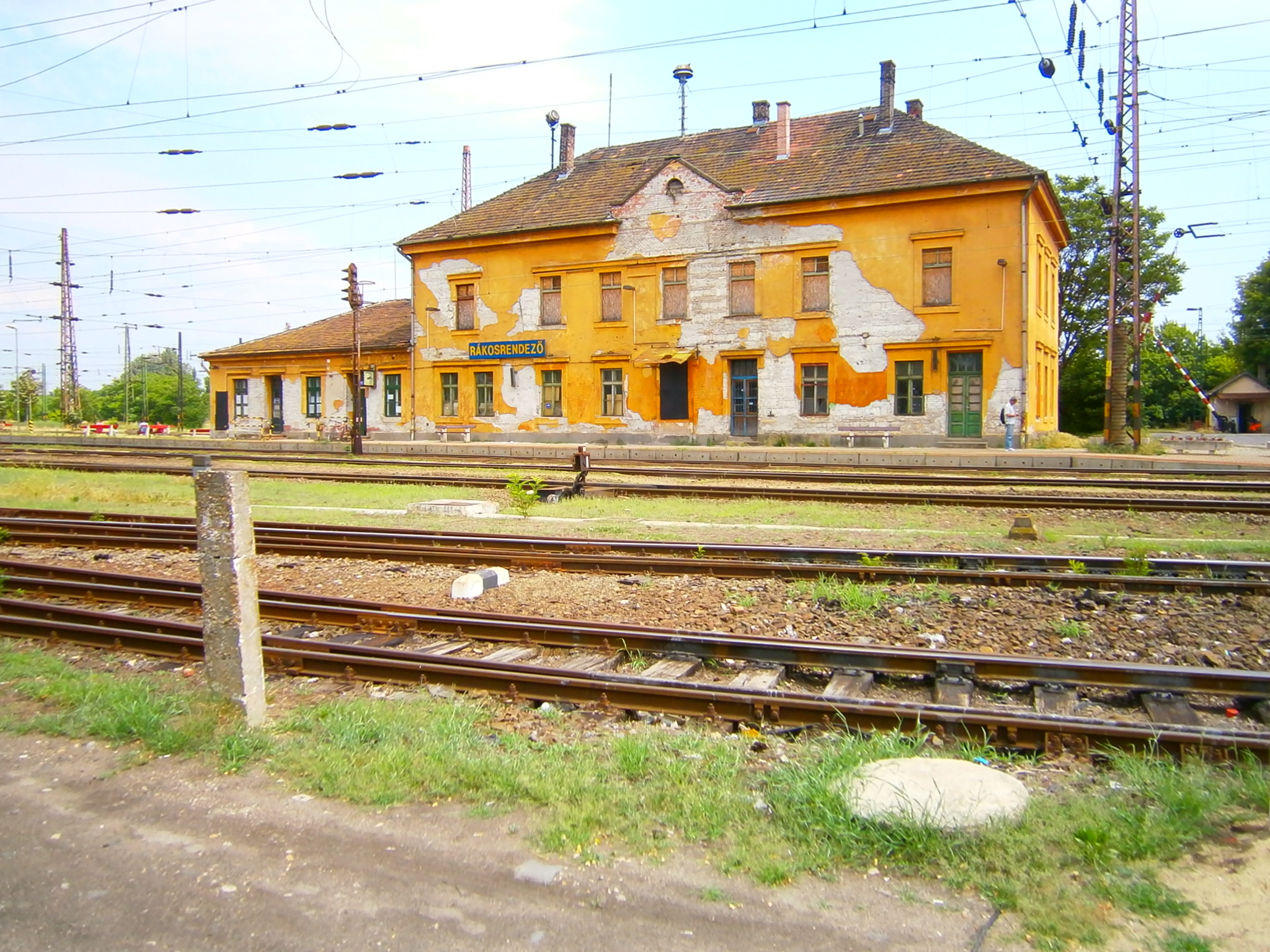EDITORIAL: Uncivil treatment of civil society

The following editorial originally appeared in the September 19-October 2 print edition of the Budapest Business Journal.
In one of his last acts as European Commission President, Jose Manuel Barroso stopped by Budapest on September 11 to formally acknowledge Hungary will receive €34.5 billion in European Union funding for the period from 2014-2020. The country could use the money: With state-sponsored civil engineering forming the lion’s share of construction, EU funding is propping up Hungary’s building industry, and other sectors have received a needed boost from the government’s Széchenyi Plan for EU spending.
We might question some of the ideas for those funds – like the proposal to remake Budapest’s lovely City Park by covering areas that are currently green with large swaths of pavement. But that’s for another editorial.
The more pressing issue, one that has been raised by officials in Norway, The New York Times and a lot of Hungarian citizens, is whether the EU should have given Hungary funds without first forcing the government to make some concessions. Critics of the current government have asked, not unreasonably, why the EU does not hesitate to fund a leadership that calls itself “illiberal”. While that is an interesting argument, a more basic demand, and one that should not be up for debate, is that the government should end its campaign of harassment against NGOs receiving Norwegian funds. Not attacking civil society is a pretty small concession, and one that the government should want to make.
Right now, instead of supporting NGOs, the government is working to shut some of them down. On September 8, police raided the offices of the Ökotárs Alapítvány, an environmental NGO that distributes the Norwegian grants, and another group called the Foundation for the Development of Democratic Rights.
Months ago, the Fidesz government made clear its objections to the Norway-funded NGOs: They back liberal causes. The latest call for proposals from the Norwegian NGO Fund seeks applications in seven areas: democracy and human rights, gender and equal opportunities, community and organizational development, youth and children’s issues, environment and sustainable development, provision of welfare and basic services, and empowerment of vulnerable groups, including Roma. You can call these goals liberal, and you can also point out that some people who are politically active in the liberal opposition work with some of these NGOs. But that is no reason to crush these groups. The government is now accusing the two NGOs it raided on September 8 with financial misdealing, the latest of a series of unproven charges that have been made over the past few months. If these groups were really doing anything wrong, it would surely have been found out long ago.
While they may be considered mildly political, for the most part these NGOs are seeking goals that a large majority of society would consider helpful. They are part of the fragile network that makes up Hungary’s civil society, and they should be nurtured, not persecuted.
The Bertelsmann Foundation’s Social Justice Index, released September 15, listed Hungary as being near the bottom – 25th among the 28 EU members – in an index combining measures of poverty prevention, equitable education, labor market inclusion, social cohesion and non-discrimination, health and intergenerational justice. Many of these areas are addressed by the Norway funded NGOs, and they represent relatively apolitical social goods.
During a September 14 protest in the center of Budapest to oppose the raids on the two NGOs, speaker Márton Gulyás of the Humán Platform noted that probably fewer than 1,000 demonstrators had been sufficiently outraged to show up on a cloudy Sunday. He maintained that the real enemy was not the country’s leadership, but rather apathy. While he may have a point, NGO activists in every country have to fight against apathy. They should not also have to contend with a hostile government.
SUPPORT THE BUDAPEST BUSINESS JOURNAL
Producing journalism that is worthy of the name is a costly business. For 27 years, the publishers, editors and reporters of the Budapest Business Journal have striven to bring you business news that works, information that you can trust, that is factual, accurate and presented without fear or favor.
Newspaper organizations across the globe have struggled to find a business model that allows them to continue to excel, without compromising their ability to perform. Most recently, some have experimented with the idea of involving their most important stakeholders, their readers.
We would like to offer that same opportunity to our readers. We would like to invite you to help us deliver the quality business journalism you require. Hit our Support the BBJ button and you can choose the how much and how often you send us your contributions.


.png)







.png)
